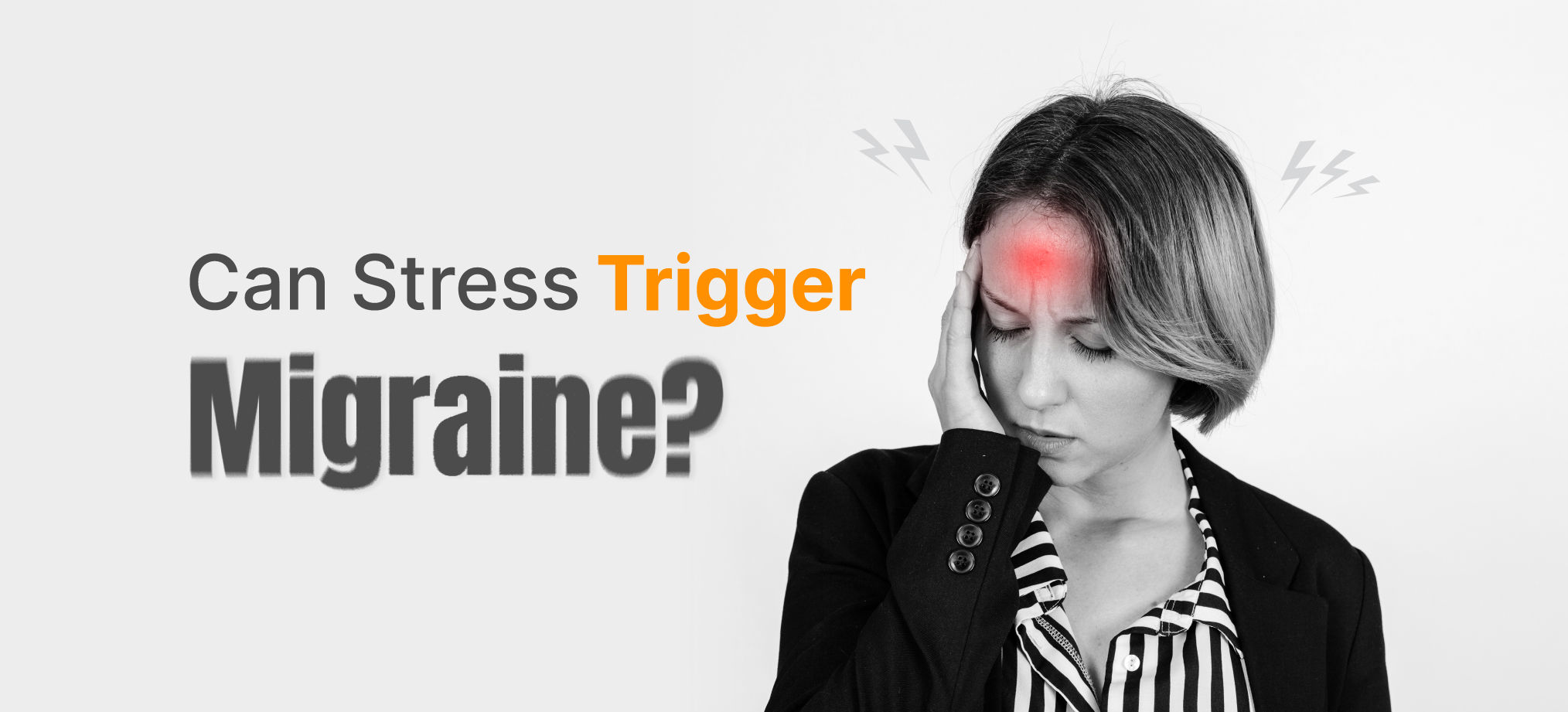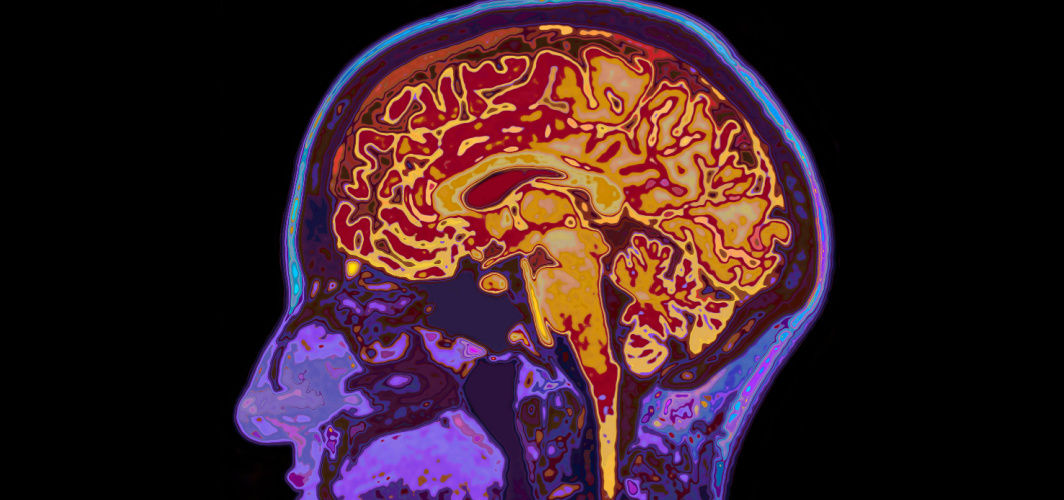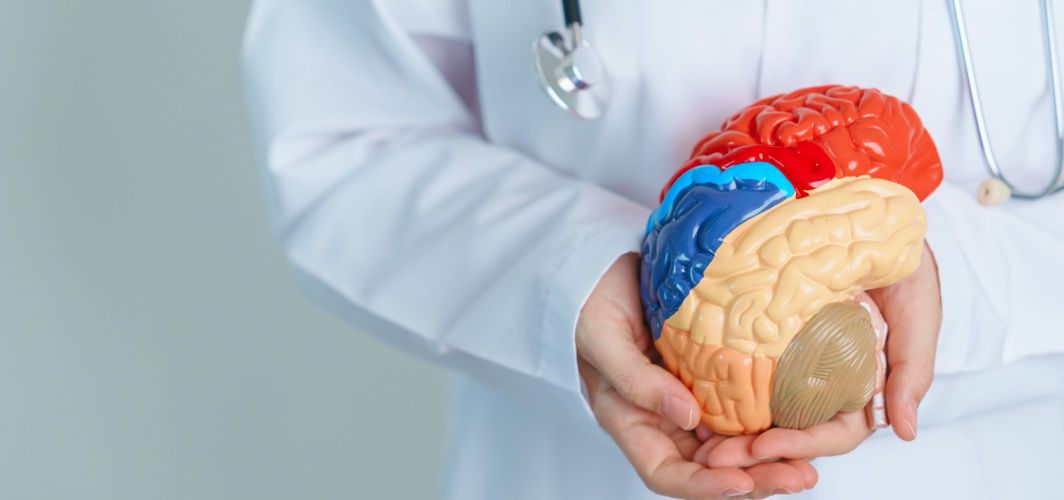Neurology
All You Need To Know About Migraine
4 min read
By Apollo 24|7, Published on - 10 November 2022, Updated on - 23 May 2023
Share this article
0
0 like

Migraines are among the most commonly reported types of headaches. While many people believe that all headaches are the same, migraine is a condition that requires a diagnosis and treatment plan. If you're one of the millions of people who suffer from migraines, this post is for you. We'll cover everything you need to know about this debilitating condition, from its causes and symptoms to treatment options and strategies for prevention.
What is Migraine?
Migraine is a chronic disorder characterized by recurrent attacks of headache. The headaches are often accompanied by other symptoms, including nausea, vomiting, and sensitivity to light and sound. Migraine isthe third most common disorder in the world.
There are two types of migraines:
1. With aura – these migraines are preceded by a warning sign, such as seeing flashes of light or zigzag lines or experiencing temporary paralysis on one side of the body.
2. Without aura – most migraines fall into this category.
Migraine attacks can last for hours or even days and can be extremely debilitating. For some people, migraine is an occasional annoyance. For others, it is a disabling condition that can have a profound effect on their quality of life.
Causes of migraine
The exact cause of migraines is unknown, but they are thought to be due to a combination of genetic and environmental factors. Certain things are known to trigger migraines in some people, such as:
- Hormonal changes in women
- Stress
- Sensory stimuli
- Changes in sleep patterns
- Changes in the weather
- Medications
Symptoms of migraine
The most common symptom of a migraine is a throbbing or pulsing headache that is often on one side of the head. Other symptoms include:
1. Sensitivity to light and sound
2. Nausea and vomiting
3. Loss of appetite
4. Diarrhoea
5. Difficulty concentrating
6. Fatigue or sleepiness
7. Mood changes, such as irritability or depression
8. Aura
Treatment of migraine
There is no cure for migraines, but there are treatments available that can help to ease the symptoms. The type of treatment will depend on the severity of your symptoms and how often you experience migraines.
1. Medications – over-the-counter pain relievers such as ibuprofen or acetaminophen can help to ease the pain of a migraine. Your doctor may also prescribe stronger medications, such as triptans if over-the-counter medications are not effective.
2. Lifestyle changes – keeping a migraine diary to track your triggers, eating a healthy diet, getting enough sleep, and managing stress can help to prevent migraines.
3. Biofeedback – this is a technique that can help you to control your body’s response to pain by teaching you how to relax your muscles and slow your heart rate.
4. Acupuncture – this is a traditional Chinese medicine technique that involves inserting thin needles into the skin at specific points. Some people find that acupuncture can help to relieve the pain of a migraine.
5. Surgery – in some cases, surgery may be recommended to treat migraines. This is typically only considered if other treatments have not been effective.
Prevention of migraine
There is no sure way to prevent migraines, but there are some things that you can do to reduce your risk:
1. Keep a migraine diary – tracking your triggers can help you to identify patterns and avoid triggers in the future.
2. Eat a healthy diet – eating regular meals, staying hydrated, and avoiding triggering foods can help to prevent migraines.
3. Get enough sleep – aim for seven to eight hours of sleep per night.
4. Manage stress – stress can be a trigger for migraines, so it is important to find ways to manage stress levels.
5. Avoid potential triggers – if you know that certain things trigger your migraines, such as changes in the weather or bright lights, try to avoid them.
Conclusion
If you experience severe headaches regularly, it is important to visit your doctor to rule out any underlying causes. Migraines can be a sign of a more serious condition, so it is important to get medical help if you are experiencing them frequently.
Medically reviewed by Dr Sonia Bhatt.
Neurology
Leave Comment
Recommended for you

Neurology
Acute Encephalitis Syndrome (AES): Causes, Symptoms, Treatment
Acute Encephalitis Syndrome can be caused by viruses or infections. The symptoms include headache, nausea, disorientation, seizures, tremors, and more. AES can be treated through medications and a supportive care management system.

Neurology
Depression Can Increase The Risk Of Stroke…Know How!
Recent studies have found that those with depression are more likely to experience strokes, potentially due to the impact of depression on cardiovascular health. So if you're feeling down, it's important to seek help not just for your mental health but for your physical health as well.

Neurology
7 Health Conditions That May Require A Visit To A Neurologist
Your nervous system is responsible for every movement, sensation, and thought you experience. Often, we experience some health conditions that may cause our nervous system to perform abysmally. In such conditions, an experienced neurologist can determine the cause of your condition and provide appropriate treatment.
Subscribe
Sign up for our free Health Library Daily Newsletter
Get doctor-approved health tips, news, and more.
Recommended for you

Neurology
Acute Encephalitis Syndrome (AES): Causes, Symptoms, Treatment
Acute Encephalitis Syndrome can be caused by viruses or infections. The symptoms include headache, nausea, disorientation, seizures, tremors, and more. AES can be treated through medications and a supportive care management system.

Neurology
Depression Can Increase The Risk Of Stroke…Know How!
Recent studies have found that those with depression are more likely to experience strokes, potentially due to the impact of depression on cardiovascular health. So if you're feeling down, it's important to seek help not just for your mental health but for your physical health as well.

Neurology
7 Health Conditions That May Require A Visit To A Neurologist
Your nervous system is responsible for every movement, sensation, and thought you experience. Often, we experience some health conditions that may cause our nervous system to perform abysmally. In such conditions, an experienced neurologist can determine the cause of your condition and provide appropriate treatment.